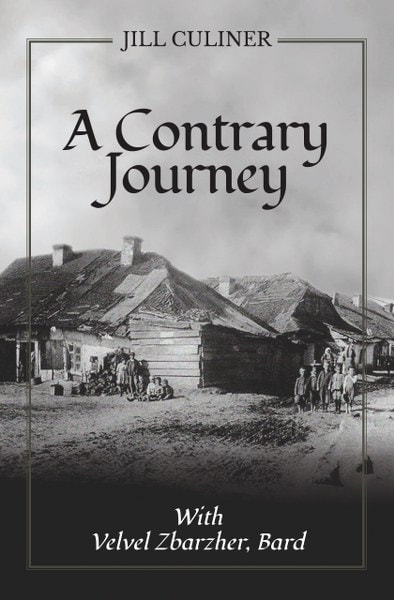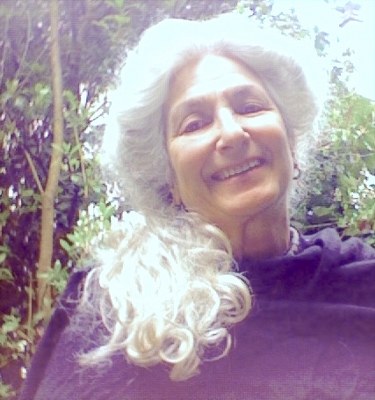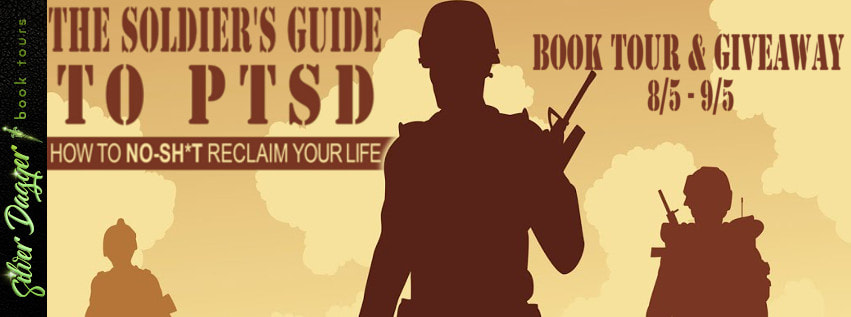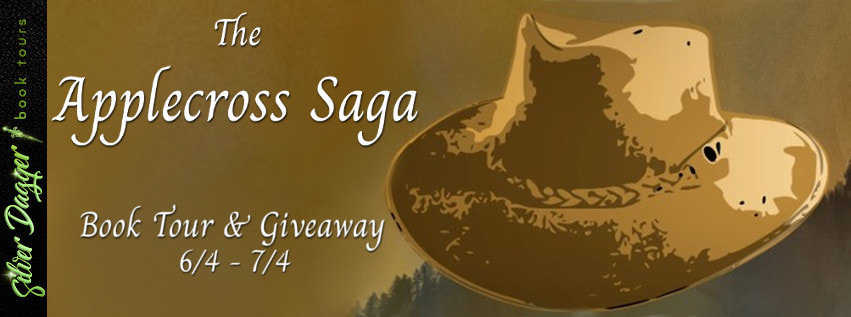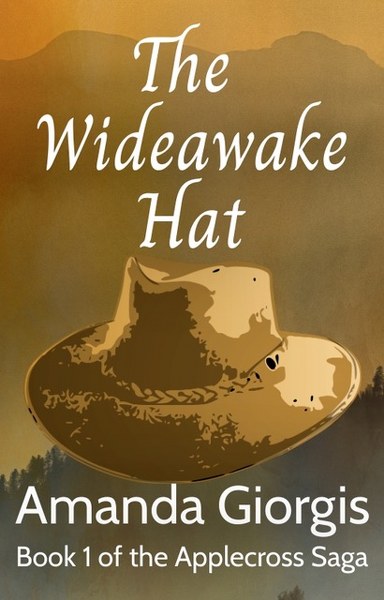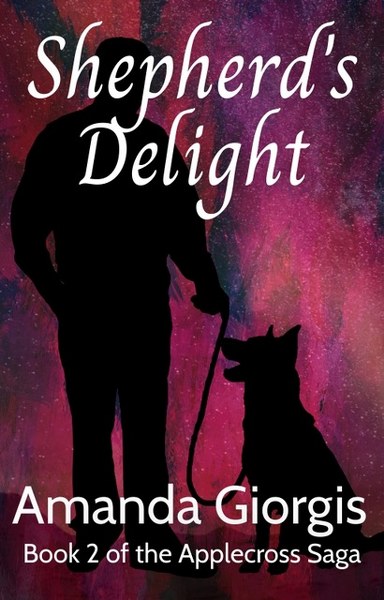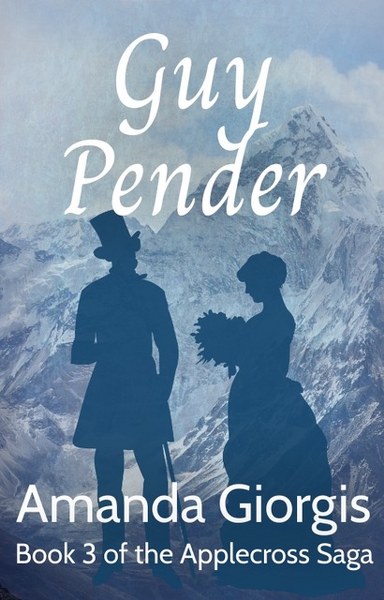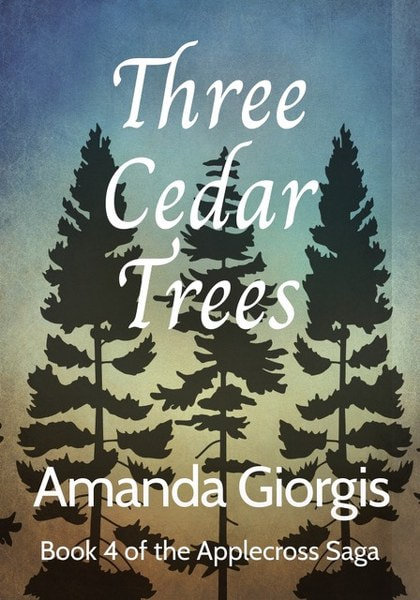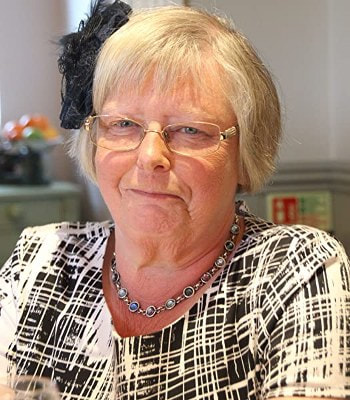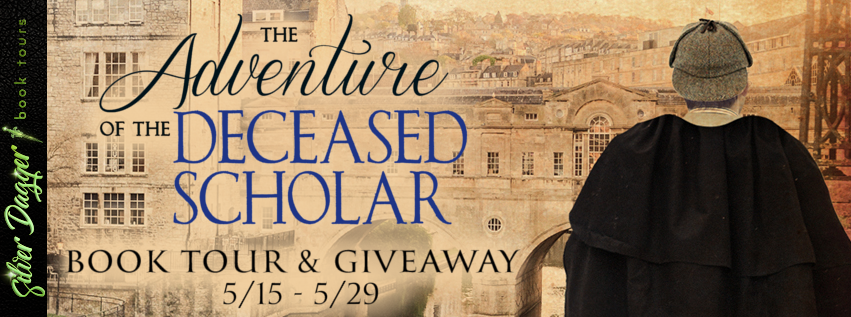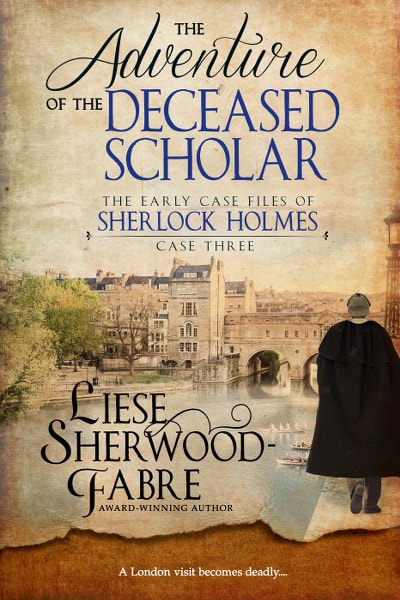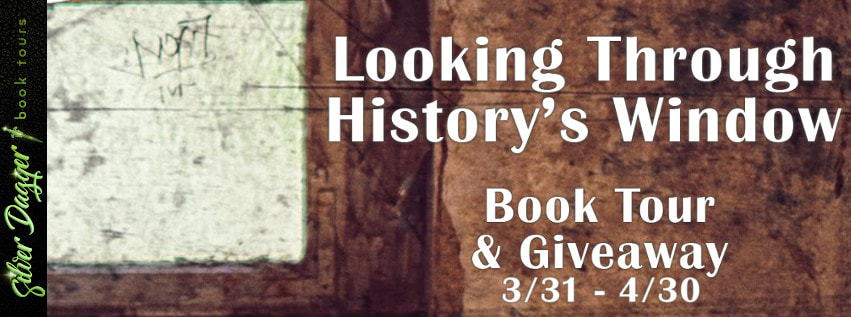Friday, December 24, 2021
Tuesday, December 7, 2021
Thursday, December 2, 2021
Saturday, October 30, 2021
Winston Churchill’s Doctor Wrote A Note So He Could Circumvent Prohibition in America
In America’s relatively short history it has gone through some turbulent, violent, and plain crazy times. One of the weirdest is Prohibition, a 13 year period that nearly everyone looks back on and says: why did you do that? For over a decade, the sale, production, and transportation of alcohol were outlawed. But humans did what humans do and found many ways to circumvent the restrictions while enjoying alcoholic beverages out of the watchful eye of the police.
The idea of banning alcohol had good intentions, namely to reduce domestic violence, crime and improve public morals, but it came with unintended consequences. Criminals took control of alcohol production and distribution, and many otherwise ‘clean’ citizens partook in the illegal activity of purchasing alcohol in secret establishments. Many people in the US found their own ways of getting alcohol, including people in power.
This led to the iconic era of speakeasies, moonshine, bootleggers, and gangsters like Al Capone.
READ MORE LINK BELOW to WAR HISTORY ONLINE ARTICLE
Winston Churchill’s Doctor Wrote A Note So He Could Circumvent Prohibition in America
Sunday, October 17, 2021
A Contrary Journey with Velvel Zbarzher, Bard by Jill Culiner Genre: Nonfiction Biography, History, Travel
A Contrary Journey
with Velvel Zbarzher, Bard
by Jill Culiner
Genre: Nonfiction Biography, History, Travel
Culiner's intrepid pursuit of the elusive troubadour and the lost world from which he emerged enriches us with a double depiction of the turbulent times and places of the bard's era and the galloping commercialization of our own. Like a chef who manages to document great recipes before they disappear, Culiner serves us an utterly delicious feast of flavours we do not want to lose.
Robin Roger, writer, reviewer, Associate Publisher, New Jewish Press 2016-18
Invited by Culiner to join her travels to find Velvel was a gift in isolated pandemic times. Part history, part biography and part literature, the writing poetically transfixed. Train rides, villages, and Velvel's life move between magical realism and extraordinary insights into Jewish history generally missing in heritage tourism.
Daniel J Walkowitz, Professor of History Emeritus, Professor of Social & Cultural Analysis Emeritus New York University, author of The Remembered and Forgotten Jewish World
A captivating romance, a thrilling mystery, a fascinating tour back and forward in time, and so much more. Culiner takes us out of the contemporary fast-paced, digital society and superbly redraws the varied contours of the shtetls of Eastern European countries of yore via one remarkable itinerant Jewish existence. The book brilliantly brings back to life the unjustly forgotten Hebrew poet and Yiddish melodrama author, Velvel Zbarzher, a significant precursor of Yiddish theatre that moved from Galicia to Romania, the Russian Pale of Settlement, Austria, and finally Turkey. A breathtaking read!
Dana Mihailescu, Associate Professor of American Studies, University of Bucharest
What a beautiful book! The writing is clear and direct, the subject matter is interesting and important, and the characters are lively and realistically portrayed. In short, it's a good piece of reporting, and was entirely successful in wafting me to another time and place.
Barrington James, former foreign correspondent for the Herald Tribune and UPI, author of The Musical World of Marie Antoinette
The Old Country, how did it smell? Sound? Was village life as cosy as popular myth would have us believe? Was there really a strong sense of community? Perhaps it was another place altogether.
In 19thc Eastern Europe, Jewish life was ruled by Hasidic rebbes or the traditional Misnagedim, and religious law dictated every aspect of daily life. Secular books were forbidden; independent thinkers were threatened with moral rebuke, magical retribution and expulsion. But the Maskilim, proponents of the Haskalah or Jewish Enlightenment, were determined to create a modern Jew, to found schools where children could learn science, geography, languages and history.
Velvel Zbarzher, rebel and glittering star of fusty inns, spent his life singing his poems to loyal audiences of poor workers and craftsmen, and his attacks condemning the religious stronghold resulted in banishment and itinerancy. By the time Velvel died in Constantinople in 1883, the Haskalah had triumphed and the modern Jew had been created. But modernisation and assimilation hadn't brought an end to anti-Semitism.
Armed with a useless nineteenth-century map, a lumpy second-hand coat, and an unhealthy dose of curiosity Jill Culiner trudged through the snow in former Galicia, the Russian Pale, and Romania searching for Velvel. But she was also on the lookout for a vanished way of life in Austria, Turkey and Canada.
This book, chronicling a forgotten part of Jewish history, follows the life of one extraordinary Jewish bard, and it is told with wry humour by award-winning Canadian writer Jill Culiner.
Saturday, September 11, 2021
Friday, September 3, 2021
The Soldier's Guide to PTSD A Guide to Reclaiming Your Life by Virginia Cruse Genre: Nonfiction, Self-Help, Military
The Soldier's Guide to PTSD
A Guide to Reclaiming Your Life
by Virginia Cruse
Genre: Nonfiction, Self-Help, Military
Finally, a book that plainly explains Post-Traumatic Stress Disorder, Moral Injury, and how Service Members can reclaim their lives step-by-step
As a therapist, Virginia Cruse was becoming frustrated with the rumors her clients heard about PTSD that kept them from getting better. Why did so many of them believe that PTSD had no cure? That they couldn’t have PTSD because they were not in direct combat? That they didn’t “deserve” to have PTSD, or didn’t “deserve” to get better? The answer hit a nerve with Cruse: no one had taken the time to explain PTSD to Service Members in a way that made sense. Soldiers were losing their resiliency and optimism in a culture that propagated misinformation and went against the facts about PTSD, facts that are necessary to know in order to recover good mental health and salvage important relationships.
Told in the voice of a Soldier-turned-therapist who struggled through her own debilitating PTSD, The Soldier’s Guide does not waste time cutting through the bull and getting down to brass tacks. It is a call to arms, offering facts, empathy, and direction, while urging Service Members to get the help they need, helping family members to understand the battlefield and connecting civilians with a Warrior culture.
Virginia is a Licensed Professional Counselor and National Certified Counselor specializing in Military Issues and Combat-Related Trauma. She provides crisis intervention and evidence-based treatments for Post-Traumatic Stress Disorder, Moral Injury, Depression, Combat Operational Stress, and other diagnoses. Virginia is a certified clinician in Cognitive Processing Therapy and Prolonged Exposure Therapy and has 20+ years' experience serving Active Duty Military, Veterans, Military retirees and family members. She is a Certified Group Psychotherapist (CGP) and active American Group Psychotherapy Association member. Virginia is an Army Reserve Officer, Combat Veteran, and published re-searcher. She has one amazing husband, Jay, and one terrible dog, Peanut.
Follow the tour HERE for special content and a giveaway!
$50 Amazon giftcard – 1 winner!
$25 Amazon giftcard – 3 winners!
Thursday, September 2, 2021
Wednesday, September 1, 2021
Thursday, July 15, 2021
So...You Want to Write a Book by Christian Warren Freed Genre: Nonfiction, Self-Help
Friday, June 11, 2021
The Wideawake Hat The Applecross Saga Book 1 by Amanda Giorgis Genre: Historical New Zealand Fiction
Saturday, May 15, 2021
The Adventure of the Deceased Scholar The Early Case Files of Sherlock Holmes Book 3 by Liese Sherwood-Fabre Genre: Historical Mystery
The
Adventure of the Deceased Scholar
The
Early Case Files of Sherlock Holmes Book 3
by
Liese Sherwood-Fabre
Genre:
Historical Mystery
Award-winning author and recognized Sherlockian scholar Liese Sherwood-Fabre’s third novel in “The Early Case Files of Sherlock Holmes” follows the young detective to London for the spring holiday. This CIBA first-place mystery and mayhem winner has been described by bestselling author Gemma Halliday as “a classic in the making” and Kirkus Reviews as “a multifaceted and convincing addition to Sherlock-ian lore.”
Website
* Facebook
* Twitter * Bookbub
* Amazon
* Goodreads
Follow the tour HERE for special content and a giveaway!
$15
Gift Card (winner's choice--Amazon or Apple)
Monday, April 26, 2021
A KIND OF DROWNING by Robert Crave
The man standing at the funeral in bubble-gum pink hair
is P.J. Crowe. His career as a detective is in tatters - he's facing dismissal,
vilified by the press and his wife's about to leave. Lying low in a
small seaside town he spots a ‘Help Wanted’ ad in the kitchen of a local
café. It offers him an escape from the public and his spiralling mental health
- and it's where Thea Farrell worked – until she was found dead at sea.
And herein lies the problem: Thea was an Olympic
medallist, silver for swimming and Crowe’s burned-out synapses are starting to
join the dots – it wasn't his case, but his cop’s senses tell him that Thea
wasn’t the drowning kind.
And the suspect may well be in the congregation.
A KIND OF DROWNING is a big departure for me
both in subject and style. I put the main character, P. J. Crowe in a small seaside
town, off the beaten track in the midst of a mental and professional crisis. He
is isolated in a small town where a tragedy occurs, and despite everything he’s
going through he’s not convinced it’s an accident.
For the technical aspects, I contacted Sue Procter at
ThinkForensic in the UK. I sketched out my ‘crime / tragedy’ and within weeks,
she was back with the science of what I was looking for. I built an entire
chapter around this and sent it back for approval. A few tweaks and several rewrites
later, Sue validated it. I now had a ‘hub’ around which the story would
revolve.
I had my protagonist, I had my ‘incident’ (or supposed
crime with the technical nous behind it), I had my location. Now I could
tap into the key Lockdown themes of this Covid-19 Crisis: Isolation, mental health,
and survival.
A KIND OF DROWNING is a noir novel – a Chandleresque, Ken
Bruen, Hammett, and Spillane dark in its concept. I wanted the characters to
grow through dialogue rather than actions and I wanted to stay clear of the
technical and procedural jargon and let the story evolve through Crowe’s eyes.
I think its my best novel to date; a culmination of 14
years of writing that has finally come together in this book.
But I will let the reader decide on that.
A KIND OF DROWNING will be released in early May on Amazon
& Kobo platforms
Sample chapter
“Where
to, Boss?”
It was Crowe’s kind of
ride, neither he nor the taxi driver spoke. The sporadic bursts from the Satnav
punctuated the silence. Dublin’s suburbs gave way to the northbound motorway.
But long distances abhor
a vacuum,
“I know you,” she said.
Crowe flicked his eyes
across the laminated ID – the driver’s name was Abosede Akande O’Hare. He spied
the small camera on the mirror behind a thick-beaded wooden rosary hanging from
the mirror.
“I don’t
think I’ve had the pleasure,” he replied.
“You look
done in,” she said.
He drew his hand across
the week long stubble then pulled it away; he studied it. The knuckles still
had faint traces of bruising. He covered them with his other hand. Sometimes
the tremors arrived unannounced. The scratches had healed in coarse diagonal
lines. A faint indentation on his finger hinted where a wedding band used to be.
Crowe had gone
twenty-four hours without sleep. He had the kind of sour hangover that felt
like a vice squeezing in on either side of his skull.
The white lines of the
road were hypnotic. A passing truck flicked its lights like a flashgun sending
lightening forks across his prefrontal cortex.
A lot could change in a
fortnight, he thought.
“You
police?” asked Abosede.
“No,”
Crowe replied.
Abosede made a clicking
sound with her tongue, rolling the words “PJ, PJ, PJ..” like a rolodex.
She turned her flawless
profile scanning him up and down. She saw a man in an unwashed fleece; a man
whose entire existence was stuffed into pockets and bags.
“You
look like police,” she murmured.
“It’s Gardai
in this country,”
“Gardee.
Guarding what?” she snorted.
Guarding what indeed, he
thought.
“I’m
paying you only to drive,” said Crowe.
The clicking continued,
she mumbled something under her breath. It sounded like “Stronger air
freshener,”
He couldn’t be sure.
The cab smelled exotic. A
gold watch glowed on her ebony skin; its glass was covered in a faint meshwork
of cracks.
“Not paying me enough,” she said.
Crowe slunk further into
his seat.
Twelve junctions later,
the northbound motorway siphoned off to a dual carriageway that dog-legged onto
a secondary road. The silence stretched out to forever. The first signposts for
his destination appeared.
“Well,
don’t expect any sunshine in Roscarrig, man. The forecast for the summer is
terrible,” said Abosede.
“Suits me, I’ve been told to rest,” said Crowe.
“You cannot rest in Dublin?”
“No-one
seems to think so,” he paused, pressing his forehead against the window. The
faint vibrations of the road coursed through his temples, “I thought I’d get away,”
“Why?
The city is where the money is, the money is boss; it crisp, it nice,”
He closed his eyes,
“I could
tell you, but then I’d have to kill you,” he said.
“I do
know you. Brutality, man. Brutality,” said Abosede.
Like her photo, her
braids were piled gloriously high on her head.
“Roscarrig, thanks. No more talk or I will definitely
kill you,” he replied.
Crowe’s gaze fell onto
the glove compartment, an adhesive 3-D Jesus doled out a plastic benediction.
Abosede glanced sideways at him,
“Believe in the Lord Jesus and you will be saved,”
she intoned,
“I never trust anyone who’s read just one book,” said
Crowe.
The silence descended
between them like a pall.
Dilapidated lines of
greenhouses amid large tracts of grass, yellow gorse and seas of ragwort sailed
past,
“Jacobaea
Vulgaris,” he muttered.
He thought about Googling
the word ragwort, but like his watch, the blood stained mobile phone was
sealed tight and locked away in an evidence bag.
He folded his arms.
Abosede’s tongue started
clicking again.
Two bedraggled roundabouts
later, they passed a peeling, dirty reflective welcome sign that requested
everyone to please drive slowly. The Satnav announced that they had reached
their destination. They were on the narrow main street of Roscarrig town.
It was a town dismal and
forgotten; out of time and out of luck, thought Crowe. The ragged end of
nowhere.
Last
stop, he thought.


